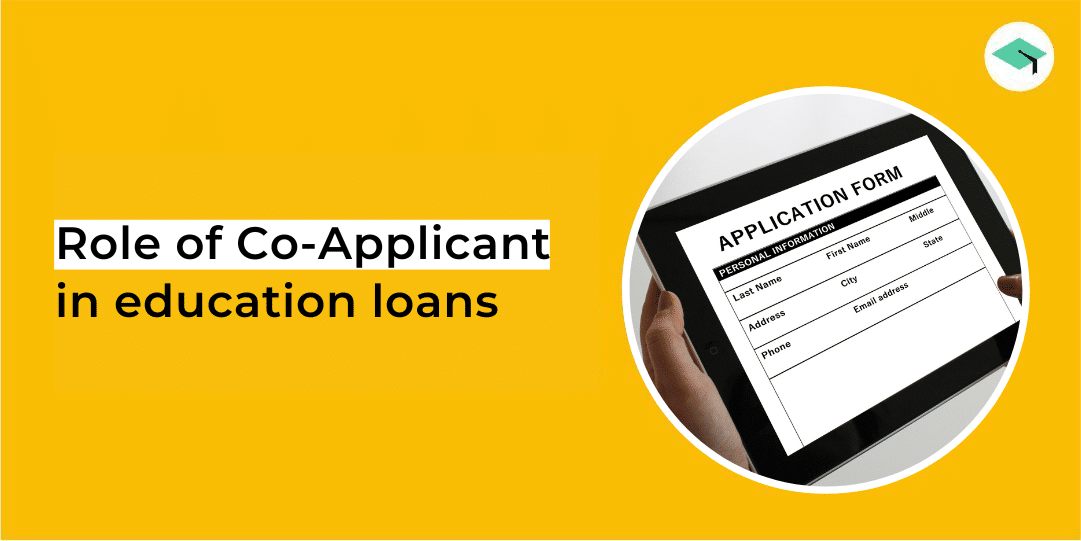If you are taking an education loan then you have probably heard the term “co-applicant”. But who is a co-applicant?
What are the eligibility criteria for a co-applicant? Why do you need a co-applicant for your education loan? Let’s find out!
Importance of an Education Loan
Imagine you just got into your dream university in Canada for a master’s degree. All your hard work has finally paid off and you are ready to get your journey started.
A part of your degree is already covered by scholarships and your hard-earned savings but you are still short on money. In such emergencies, an education loan can be a savior. Education is the security blanket that helps you live your dreams. It can sponsor your entire education or a part of it.
Opting for an education loan offers numerous advantages to students pursuing higher education. One of the primary benefits is the ability to fund your education independently. With an education loan, you don’t have to dig into your family savings or exhaust all your savings on your degree.
Furthermore, responsibly repaying the loan helps students build a strong credit score and discipline. Another benefit of education loans often comes with flexible repayment options wherein they can start repaying their loan allowing students to manage the loan efficiently even during their studies.
What is the role of co-applicants in education loans?
A co-applicant, also known as a co-signer, is a vital component in the education loan application process. This individual co-signs the loan agreement alongside the primary loan applicant (the student) and shares equal responsibility for repayment.
The presence of a co-applicant provides a safety net for the lender, ensuring that the loan is repaid even in unforeseen circumstances when the primary applicant may face financial difficulties.
Who can be a co-applicant?
Financial institutions have specific eligibility criteria for co-applicants in education loan applications. Typically, a co-applicant can be a parent, legal guardian, sibling, or any blood relative of the primary applicant.
It is essential for the co-applicant to possess an Indian bank account capable of signing cheques. Apart from these basic criteria, lenders consider other factors to assess the co-applicant’s financial stability:
- CIBIL Score: The CIBIL score of a co-applicant plays a significant role in loan approval. Ranging from 300 to 850, a higher score improves the chances of securing the loan. A good credit score indicates strong creditworthiness, ensuring greater reliability in repaying the loan.
- Income Tax Returns (ITR) Document: Lenders carefully scrutinize the co-applicants’ ITR document, which provides essential financial information. This document enables lenders to evaluate the co-applicant’s financial health and repayment capacity.
- Income Proof: For salaried individuals, providing salary slips for the last 6-8 months is a mandatory requirement. Self-employed co-applicants need to submit various documents, including GST registration proof and financial statements of their business, to demonstrate their income stability.
- Income Amount: The financial institution evaluates the co-applicant’s annual income to determine their eligibility for the education loan. Different lenders may have varying minimum income requirements.
FAQs
Who is a co-applicant?
A co-applicant can be a parent, legal guardian, sibling, or any blood relative of the primary applicant.
Is it good to have a co-applicant?
Yes, it is good to have a co-applicant. A financially strong co-applicant can increase the chances of education loan approval.
Can a co-applicant take another loan?
Yes, a co-applicant can apply for other personal, car, or home loans.
Can you apply for an education loan without a co-applicant?
Some banks have a mandatory clause wherein a co-applicant is essential for your education loan application while some banks are more flexible.
